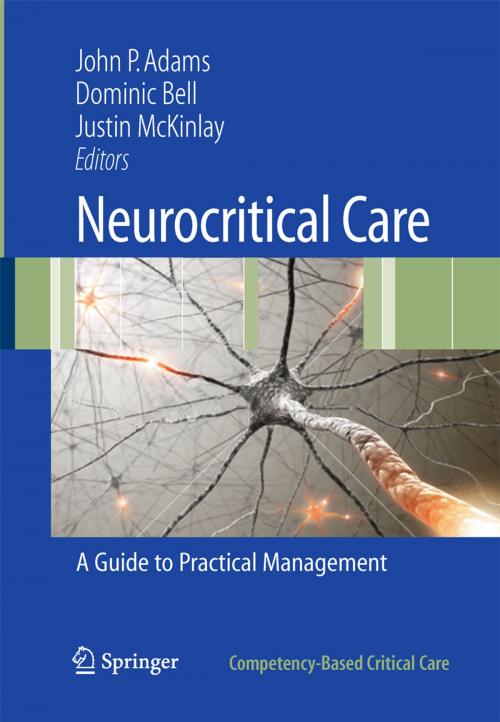Neurocritical Care
A Guide to Practical Management
Nonfiction, Health & Well Being, Medical, Surgery, Neurosurgery, Specialties, Internal Medicine, Neurology| Author: | ISBN: | 9781848820708 | |
| Publisher: | Springer London | Publication: | January 18, 2010 |
| Imprint: | Springer | Language: | English |
| Author: | |
| ISBN: | 9781848820708 |
| Publisher: | Springer London |
| Publication: | January 18, 2010 |
| Imprint: | Springer |
| Language: | English |
Brain injury is a worldwide leading cause of mortality and morbidity and requires early and appropriate management to minimize these adverse sequelae. Despite such needs, access to specialist centers is limited, forcing both immediate and secondary care of these patients onto generalist staff. These responsibilities are made more problematical by differences in patient management between and even within specialist centers, due in part to an insuffcient evidence-base for many interventions directed at brain injury. This book is borne out of the above observations and is targeted at em- gency and acute medicine, anesthetic and general intensive care staff caring for brain injury of diverse etiology, or surgical teams responsible for the inpatient care of minor to moderate head trauma. Although explaining the various facets of specialist care, the book is not intended to compete with texts directed at neurosciences staff, but aims to advise on optimal care in general hospitals, including criteria for transfer, by a combination of narrative on pathophysiology, principles of care, templates for documentation, and highly specifc algorithms for particular problems. It is intended that the content and structure can form the basis of guidelines and protocols that refect the needs of individual units and that can be constantly refned. Our ultimate goal is to promote informed, consistent, auditable, multidisciplinary care for this cohort of patients and we hope that this text contributes to that process.
Brain injury is a worldwide leading cause of mortality and morbidity and requires early and appropriate management to minimize these adverse sequelae. Despite such needs, access to specialist centers is limited, forcing both immediate and secondary care of these patients onto generalist staff. These responsibilities are made more problematical by differences in patient management between and even within specialist centers, due in part to an insuffcient evidence-base for many interventions directed at brain injury. This book is borne out of the above observations and is targeted at em- gency and acute medicine, anesthetic and general intensive care staff caring for brain injury of diverse etiology, or surgical teams responsible for the inpatient care of minor to moderate head trauma. Although explaining the various facets of specialist care, the book is not intended to compete with texts directed at neurosciences staff, but aims to advise on optimal care in general hospitals, including criteria for transfer, by a combination of narrative on pathophysiology, principles of care, templates for documentation, and highly specifc algorithms for particular problems. It is intended that the content and structure can form the basis of guidelines and protocols that refect the needs of individual units and that can be constantly refned. Our ultimate goal is to promote informed, consistent, auditable, multidisciplinary care for this cohort of patients and we hope that this text contributes to that process.















